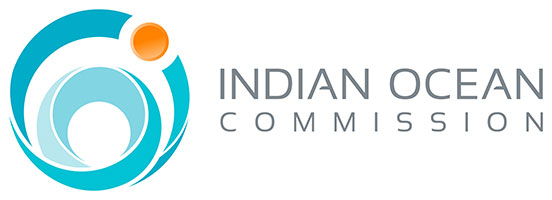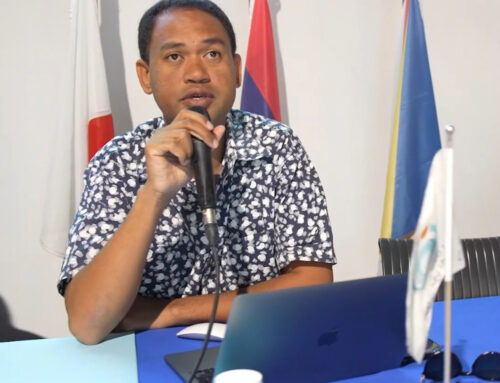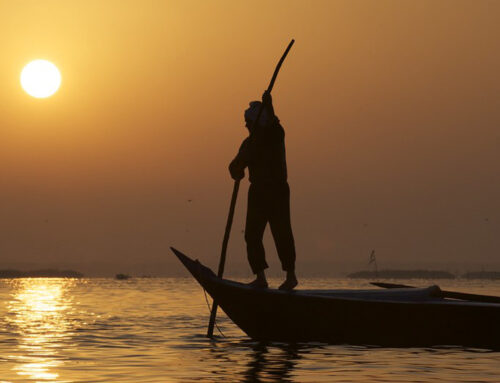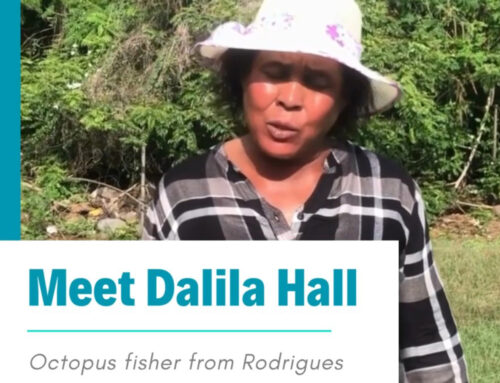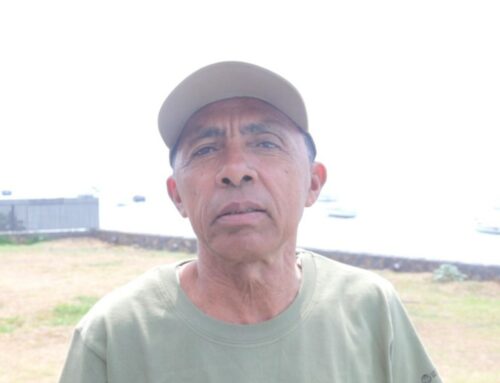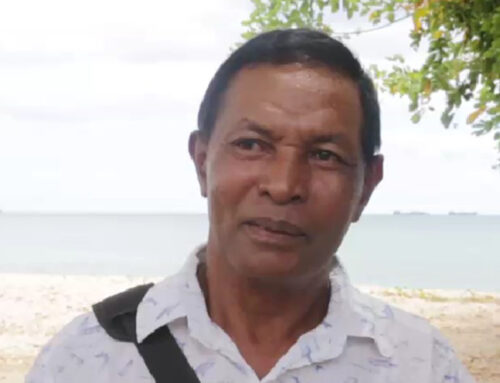Teach a man how to fish, you shall feed him for a lifetime… How about teaching fishermen how to use the adequate fishing techniques, so that they thrive in their trade for generations to come?
This concept aptly captures the essence of the ten-day training programme on Fishing Techniques around Fish Aggregating Devices (FADs). The training was held in Mauritius from the 3rd to the 12th of October 2022. These sessions have helped fishermen from Mauritius, Comoros and Madagascar to unlock a new world of possibilities when it comes to their fishing endeavours. Overview.
Embarking an instructive journey
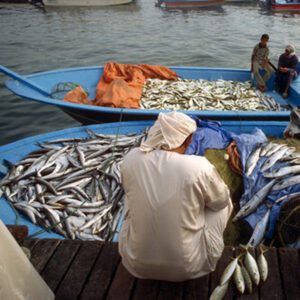 The Fisheries Training and Extension Centre (FiTEC) in Pointe Aux Sables, Mauritius, set the stage for a remarkable gathering of fishermen from three different island states. Organised by the SWIOFISH2 Project with the collaboration of Ministry of Blue Economy, Marine Resources, Fisheries, and Shipping, this training programme aimed to equipped fishermen who are members of the Federation des Pêcheurs Artisans de l’Ocean Indien (FPAOI) with advanced fishing techniques specifically tailored for fishing around Fish Aggregating Devices(FADs).
The Fisheries Training and Extension Centre (FiTEC) in Pointe Aux Sables, Mauritius, set the stage for a remarkable gathering of fishermen from three different island states. Organised by the SWIOFISH2 Project with the collaboration of Ministry of Blue Economy, Marine Resources, Fisheries, and Shipping, this training programme aimed to equipped fishermen who are members of the Federation des Pêcheurs Artisans de l’Ocean Indien (FPAOI) with advanced fishing techniques specifically tailored for fishing around Fish Aggregating Devices(FADs).
Under the guidance of seasoned experts, 15 participants from Comoros, Madagascar and Mauritius embarked on an instructive journey during the ten-day course. While the eager learners came from diverse backgrounds, they each brought unique experiences and fishing traditions to the table.
During the sessions, participants delved into navigation essentials. They learnt how to use GPS devices, magnetic compasses, and fishing gears for fishing around FADs. They also got the chance to do practical training on board of the Ministry’s multi-purposed vessel ‘INVESTIGATOR’, honing their on-board fish handling and navigation skills. The participants left with increased confidence and proficiency, eager to apply their newfound knowledge in their everyday lives within their fishing communities.
Well-equipped and well informed
Thanks to this programme, these fishermen now have the necessary knowledge, skills, and attitude to venture safely and efficiently around FADs. Fishing around these devices offers numerous advantages, such as improved income opportunities, but it requires specialised expertise due to the differences in fishing techniques compared to lagoon and nearshore waters.
Beyond the practical skills, the programme fostered a sense of unity and understanding among the fishermen from the different island states. They were able to share their cultures and traditions, forging deep bonds that go beyond the language barriers. They realised that despite their diverse backgrounds, they all shared the same passion for fishing and a mutual desire to sustainably harvest the ocean’s bounty.
At the end of the training, in a heartfelt ceremony, each fisherman received a ‘Certificate of Attendance’, which demonstrates their commitment to embracing sustainable fishing practices and their dedication to improving their livelihoods and those of their communities.
